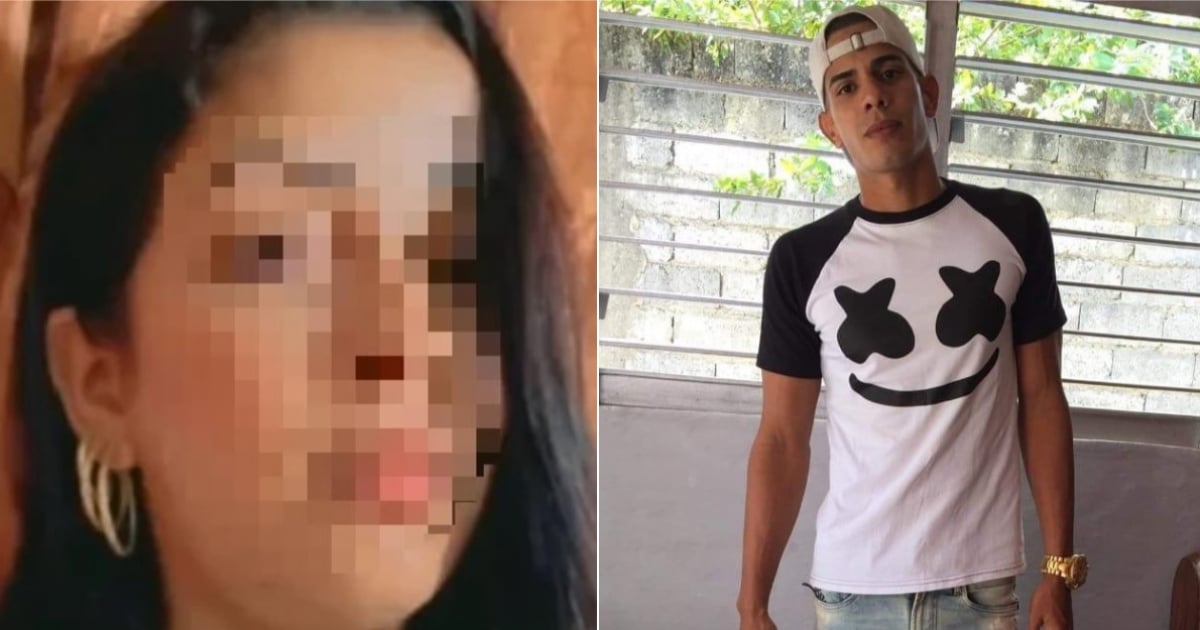When the news broke on Tuesday about the murder of Jéssica Castillo in Pinar del Río, it was revealed that the perpetrator was her partner, who was on parole for a similar crime. Hours later, more details about that previous incident emerged. The victim, named Emelinda Hernández Santiago, was only 16 years old at the time. Twelve years later, her killer has now murdered Jéssica, a mother of three young children.
The gender violence observatories YoSíTeCreo en Cuba (YSTCC) and Alas Tensas (OGAT) reported that the murderer had served only around seven years of a 20-year prison sentence. "Residents of San Luis, in Pinar del Río, have not forgotten the events of August 31, 2011, when Emelinda, just 16 years old, was violently killed by her then-partner, whom she had previously reported for an attempted femicide," stated messages on Facebook.
The platforms recalled that in 2011, photos of the crime scene circulated on USB drives due to the poor handling by authorities and unscrupulous individuals. YoSíTeCreo en Cuba and Alas Tensas expressed their condolences to Emelinda's family, "who once again feel the irreparable loss, injustice, and impunity, 12 years later."
Crime reporter Niover Licea identified the criminal as Roilan Orjales, who allegedly slit the throat of the teenager in the rented room where they both lived in 2011. Women's rights organizations are questioning how such a dangerous individual could be back on the streets.
"Laws in Cuba still lack a proper approach to problems like gender violence and other issues requiring comprehensive and preventive measures. Mandatory therapies and psychological evaluations (prior to granting parole) are not considered in the judicial or penitentiary systems. In fact, the country lacks established resources and protocols for dealing with aggressors," they denounced.
Questions Around Gender Violence and Parole in Cuba
The recent incident involving Jéssica Castillo has sparked numerous questions regarding the handling of gender violence and the parole system in Cuba. Below are some frequently asked questions and their answers.
Why was Roilan Orjales released early from his 20-year sentence?
Roilan Orjales was released on parole after serving only around seven years of his 20-year sentence. The specific reasons for his early release have not been publicly disclosed, but it points to significant flaws in the Cuban judicial and penitentiary systems.
What measures are being suggested to prevent similar incidents in the future?
Organizations are calling for comprehensive approaches that include mandatory therapies and psychological evaluations before granting parole. They also stress the need for established resources and protocols for dealing with aggressors.
How are gender violence cases typically handled in Cuba?
Gender violence cases in Cuba often lack a proper approach, with insufficient preventive measures and inadequate judicial and penitentiary responses. This has led to repeated instances of violence and impunity.
